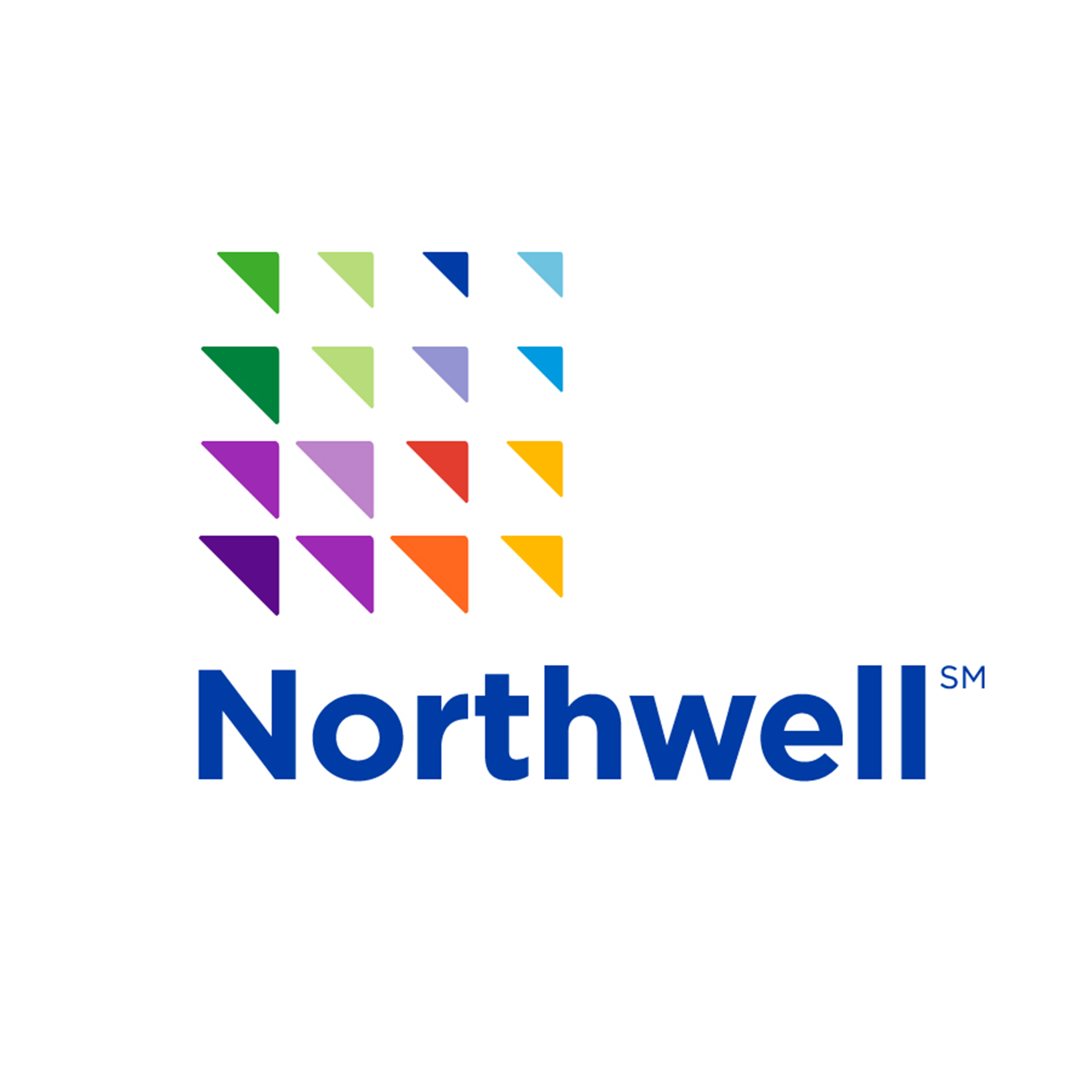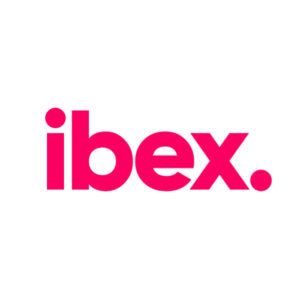In customer experience (CX), is the most profitable path always the most efficient one?
The current economic climate, coupled with the emergence of deeply transformative technology, has prompted leaders to seek out added efficiency. Indeed, Zendesk, one of TELUS Digital’s technology partners, found that 70% of CX leaders believe generative AI (GenAI) makes every digital customer interaction more efficient. If these leaders are right, and the brands they represent are able to connect their customers with what they’re looking for in the ways that they’d expect, the added efficiency made possible by new technology will be a considerable boon for brands and customers alike.
But it’s important to remember that efficiency alone doesn’t necessarily improve loyalty or profitability. Loyal customers are the lifeblood of sustainable business growth, often spending more, costing less to serve, and acting as brand advocates. This makes nurturing loyalty through meaningful interactions a critical driver of long-term profitability. Underscoring this point, Calabrio research reveals that nearly all consumers (97%) say service interactions influence their loyalty. Again, there is an important question to consider: Are brands optimizing away the very moments that build lasting — and profitable — customer relationships?
The evidence suggests that many brands might be. While 65% of customers want brands to adjust to their expectations, 61% feel most brands treat them like a number, according to Salesforce. This disconnect highlights that empathy is often overlooked in the pursuit of efficiency. In fact, 86% of consumers say showing empathy is powerful in building strong brand relationships, per Sitecore.
“As artificial intelligence and automation reshape customer experiences, organizations can feel they have to choose between efficiency and empathy. This is a false dichotomy,” says Jim Mitchell, vice president of customer experience and digital innovation at TELUS Digital. While AI and automation effectively handle routine tasks, human agents remain essential in building trust and loyalty through empathetic interactions and complex problem-solving. The challenge — and opportunity — lies in finding the sweet spot where technology enhances, rather than replaces, human connection.
Ultimately, the best experiences are designed for humans, by humans.
The hidden value of “inefficient” customer interactions
In the drive for efficiency, it’s easy to lose sight of what customers value: being heard, understood, and genuinely cared for. Mitchell adds, “While speed and convenience are undoubtedly important, they’re not the whole story. Consider the frustration of having a support ticket closed before your problem is actually resolved, or the exasperation of being unable to reach a human when you really need to talk things through.” These are the moments where efficiency, taken to an extreme, can actually erode customer loyalty.
The most memorable, loyalty-building customer experiences often emerge from interactions that might seem “inefficient” on paper. These experiences may not align with traditional efficiency metrics, but they can create the kind of emotional connections that turn customers into loyal advocates.
Examples of experience investments that build lasting loyalty
Some forward-thinking companies have embraced customer experience strategies that prioritize long-term value over short-term efficiency. These approaches, although potentially resource-intensive, yield significant returns in terms of customer loyalty and brand advocacy.
Examples include:
- Ritz-Carlton Hotels encourages every employee to spend up to $2,000 per guest to solve any problem or improve their stay, without needing manager approval. Empowering every member of their team to act decisively prevents bureaucracy from getting in the way of the resolutions. It creates a perception that the brand is willing to go above and beyond for guest satisfaction.
- Costco Wholesale maintains a generous return policy for most items, even accepting returns of items purchased years prior and with signs of use. While this policy could be seen as financially inefficient, it builds immense trust among its member base.
- Chewy, a retailer of pet-related products, shows that they understand pet owners and the bonds that they form with their animals. When Chewy learns that a customer’s pet has passed away, they go out of their way to find the pet’s picture on social media, create an oil painting of the pet, and send it to the customer with a handwritten note — all without being asked and at no charge.
- Patagonia transforms Black Friday into an opportunity to strengthen connections with its community of environmentally conscious customers. Instead of running traditional sales, they speak directly to shared values with a message on their website: “We know shopping a good sale can feel great. But the frenzy of Black Friday never sits well with us. So, we’ve got a better deal. Stick to buying the quality gear you need any day of the year, and we’ll give away the profits to save our home planet.”
If efficiency were the sole focus for evaluating CX programs, these practices would likely never make it past the drawing board. Yet, these industry-leading brands recognize an important truth: Strategic investments in empathy can yield returns that outweigh their apparent costs.
The business case for empathy in CX
The business case for these so-called inefficient practices becomes clear when we consider that a mere 5% increase in customer retention can increase profits by up to 85%, per Bain & Company. This staggering ROI on customer loyalty underscores why CX leaders are rethinking how they measure success.
“Traditional metrics like net promoter score (NPS) and average handle time (AHT) have their place, but they don’t tell the whole story,” explains Mitchell. NPS gauges loyalty but doesn’t reveal specific pain points, while AHT can incentivize speed over quality, potentially leading to unresolved issues and lower customer satisfaction. Recognizing these limitations, next-generation KPIs such as customer effort score (CES), customer journey satisfaction (CJS), and revenue per interaction are emerging to provide a clearer link between CX improvements and business outcomes.
What’s promising is that the majority of CX leaders recognize that a single metric does not define success, with 40% reporting using three different KPIs and 38% tracking four or more — according to TELUS Digital research, in partnership with Statista. This multi-faceted approach to measurement reflects a growing understanding that in customer experience, it can’t only be about efficiency. The most successful organizations are those that find ways to measure — and optimize for — both operational excellence and human connection.
Leveraging AI to enhance human connection
The conversation around AI in customer experience often focuses on automation and efficiency — and for good reason. AI’s ability to take on repeatable tasks, power self-service options and process vast amounts of customer data promises to transform how organizations deliver support. However, leading organizations are discovering a more nuanced approach: using AI to amplify human empathy rather than replace it. According to Zendesk, 75% of CX leaders see AI as a force for amplifying human intelligence. In practice, this means the same technology that drives efficiency can also enhance our capacity for understanding and responding to customers empathetically.
Both options make it clear that the interpretation about enhancing empathetic capacity is our analysis, separate from Zendesk’s statistics.
This perspective represents a significant shift in how we think about AI’s role in CX. Rather than viewing AI solely as a tool for automation, keen leaders are exploring how it can create opportunities for more meaningful human connections, not fewer. The key to success lies in asking the right questions about AI implementation. Mitchell asks, “How can we use AI to identify emotional cues in customer interactions? Where can AI provide agents with real-time emotional intelligence support? How can we ensure AI-driven personalization feels genuinely empathetic?”
Forward-thinking organizations are finding answers through several strategic approaches. They’re implementing AI-powered sentiment analysis to gauge customer emotions in real-time and route complex or emotionally charged interactions to the most suitable human agents. AI is being used to provide agents with empathy cues and suggested responses based on customer context, amplifying their ability to connect on a human level.
These companies are also using AI to detect early warning signals that might prompt support requests, improving self-help options based on analyzed patterns and enabling proactive outreach before issues escalate. They’re creating AI-driven personalization that considers past interactions and preferences, while maintaining clear paths to human support and enabling customers to easily schedule human interactions when needed.
The goal isn’t to make every interaction more efficient, but rather to use AI to create space for human connection where it matters most. By handling routine tasks and providing agents with better insights, AI frees up human agents to focus on complex, emotionally nuanced interactions that build lasting customer relationships.
Upskilling human agents for the AI era
As AI is used to handle more routine interactions, the role of human agents is evolving to focus on more complex, nuanced customer needs. This shift demands a new approach to developing future-ready CX talent — one that emphasizes emotional intelligence, problem-solving skills and the ability to identify opportunities for deeper customer engagement.
“The future of customer experience delivery isn’t just about resolving issues,” explains Mitchell. “It’s about equipping agents with the skills and tools to handle increasingly complex interactions while recognizing opportunities to strengthen customer relationships.” This means training agents not just in traditional customer service skills, but in using AI-powered tools effectively and reading emotional cues that technology might miss. However, there’s currently a significant gap in agent preparedness. Only 45% of agents claim to have received AI training, and less than half of those (21%) are satisfied with that instruction, according to research from Zendesk. This disconnect between technology adoption and agent readiness risks undermining both efficiency and empathy goals.
The opportunity extends beyond problem-solving to building deeper customer relationships. “If I have good support, if I have 30,000 contacts on a monthly basis where 95% or 96% of these interactions are positive, I have a great opportunity,” explained Cami Ferreira, global business strategist and CX speaker, on a recent episode of Questions for now: She envisions support teams as powerful drivers of business growth, noting that every positive interaction creates potential for referrals, upsells and cross-sells. “What if we invest in artificial intelligence to predict what customers would want from that particular organization?” she asked. “If you have artificial intelligence predicting, in a personalized way, what you can offer once you have that customer on the line, that’s the time, that’s the momentum to leverage to sell more.”
The key is ensuring agents have both the technical skills to leverage AI effectively and the emotional intelligence to know when and how to make these deeper connections. Through innovative approaches like AI-powered training simulations that accelerate time-to-proficiency, organizations can help agents hone both the technical and emotional aspects of modern customer experience. This balanced approach turns customer service interactions into opportunities for relationship building, making every conversation count toward long-term customer value.
Get help balancing efficiency and empathy in CX
As organizations navigate the AI-driven future of customer experience, the most successful will be those that find ways to balance efficiency with empathy, using technology to create more opportunities for meaningful human connections, not fewer.
TELUS Digital partners with innovative brands to achieve this balance, helping them leverage AI to enhance both operational excellence and human connection. Our approach integrates AI-powered efficiency with empathy-driven strategies, helping brands create memorable customer experiences that build loyalty and long-term value.
Ready to explore how your organization can realize opportunities for both efficiency and empathy? Contact the TELUS Digital team today.
Guest blog post written by TELUS Digital.


























































































































 TELUS Digital
TELUS Digital ibex delivers innovative BPO, smart digital marketing, online acquisition technology, and end-to-end customer engagement solutions to help companies acquire, engage and retain customers. ibex leverages its diverse global team and industry-leading technology, including its AI-powered ibex Wave iX solutions suite, to drive superior CX for top brands across retail, e-commerce, healthcare, fintech, utilities and logistics.
ibex delivers innovative BPO, smart digital marketing, online acquisition technology, and end-to-end customer engagement solutions to help companies acquire, engage and retain customers. ibex leverages its diverse global team and industry-leading technology, including its AI-powered ibex Wave iX solutions suite, to drive superior CX for top brands across retail, e-commerce, healthcare, fintech, utilities and logistics.






















 Trista Miller
Trista Miller



























